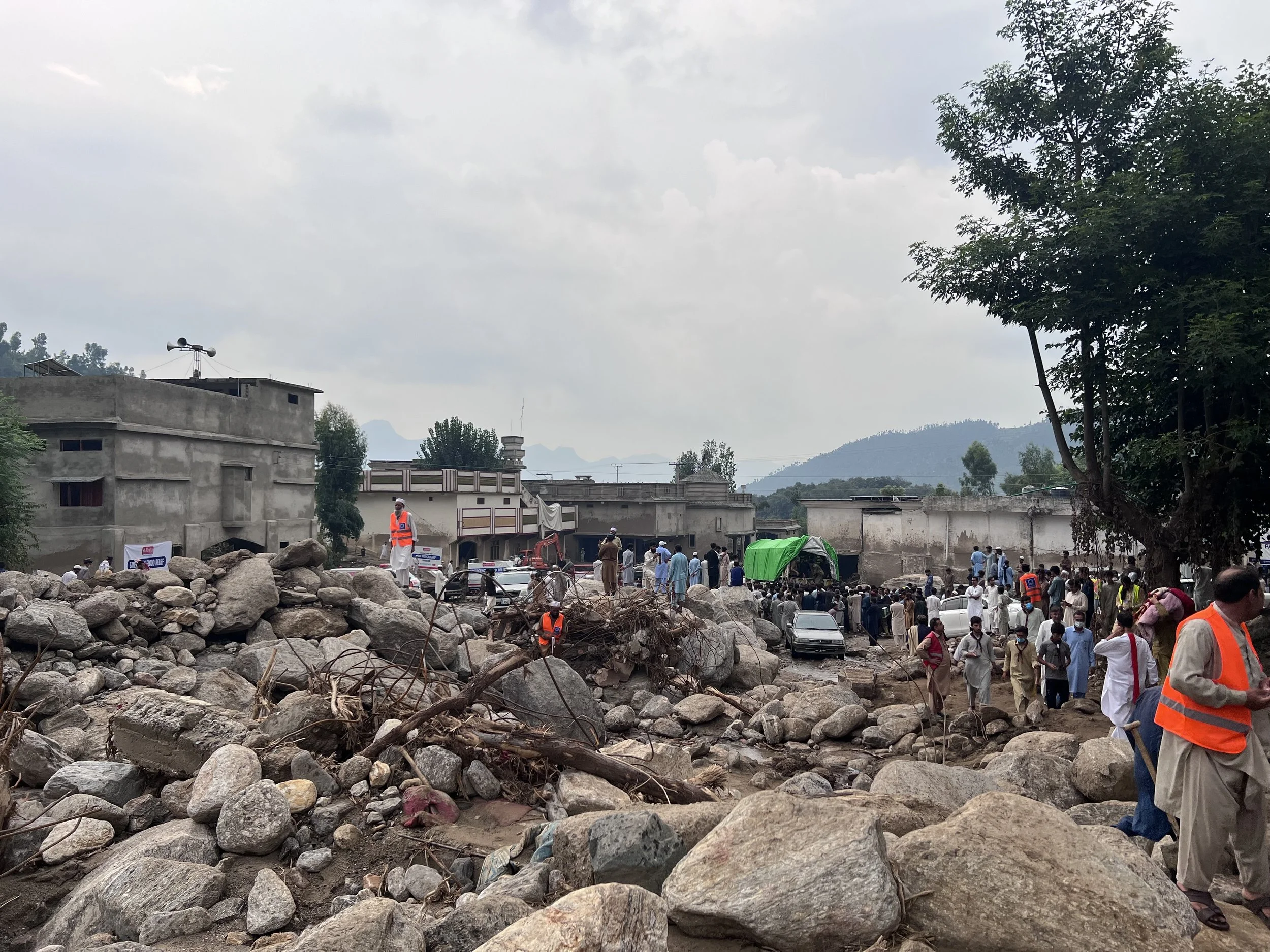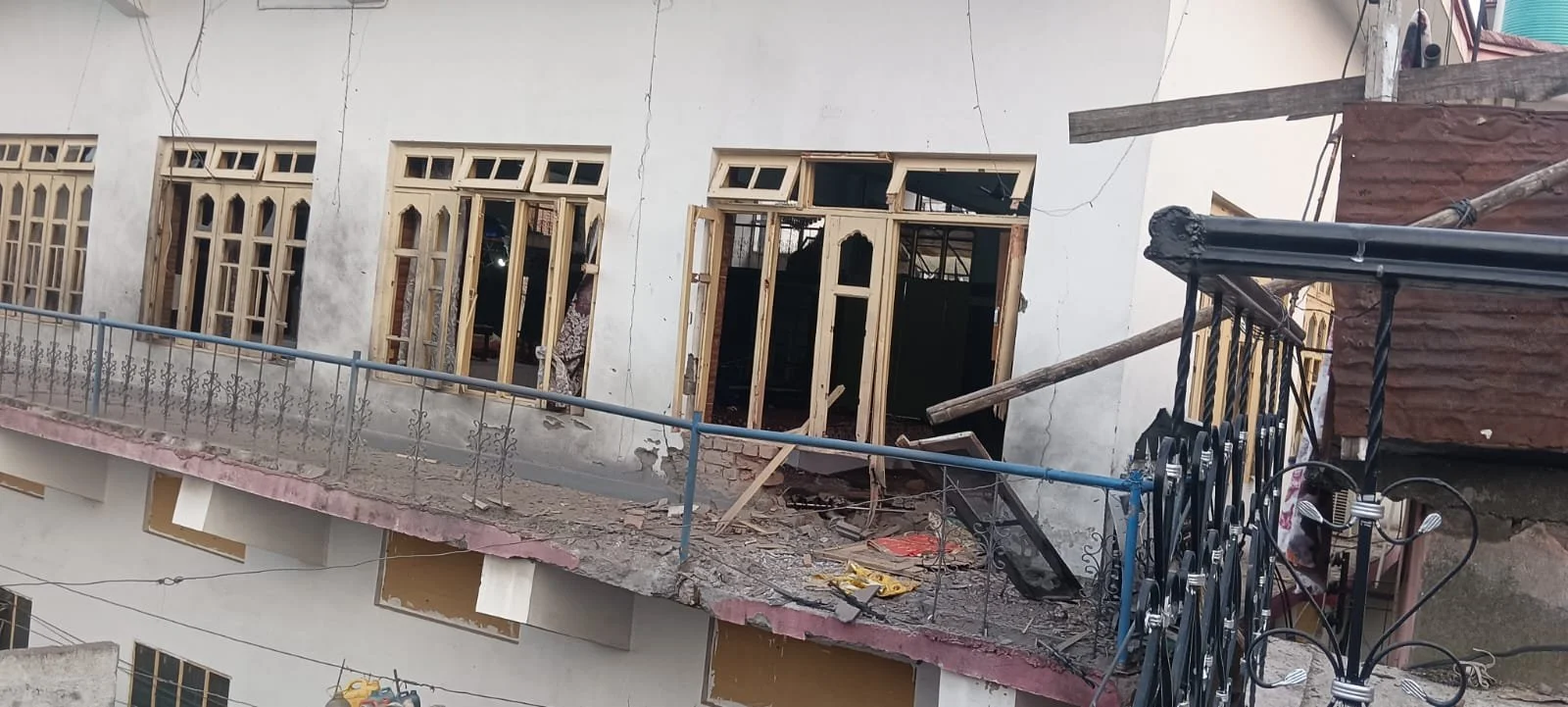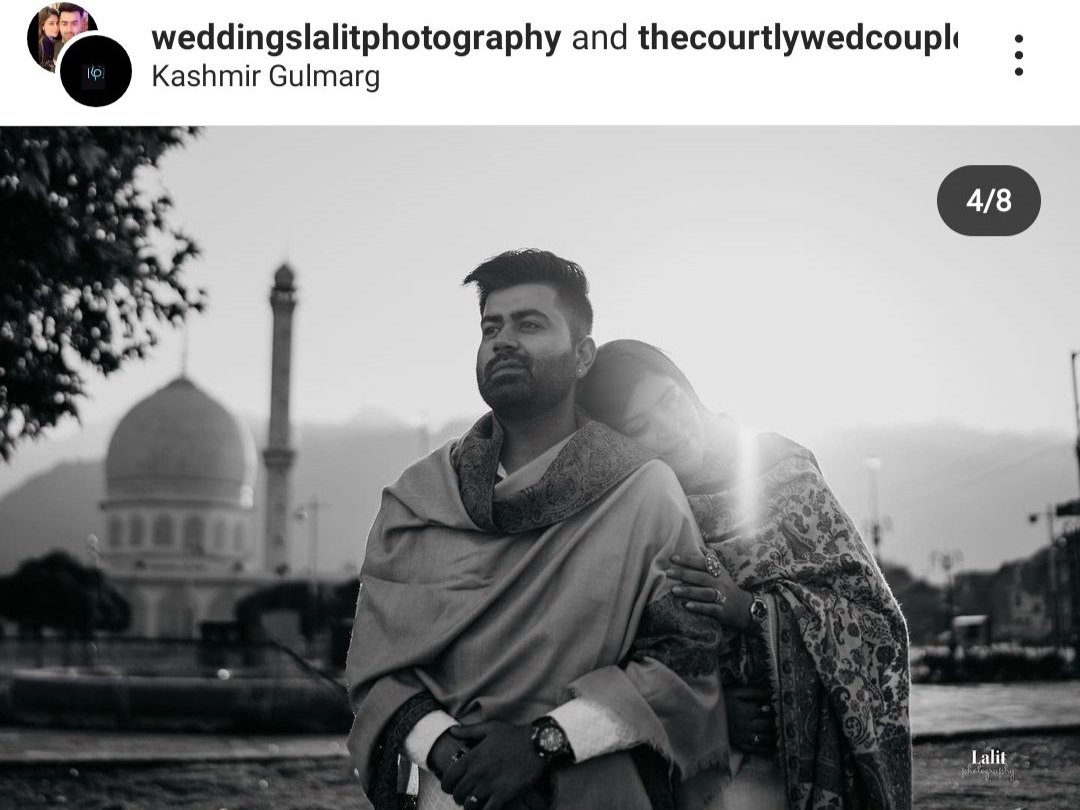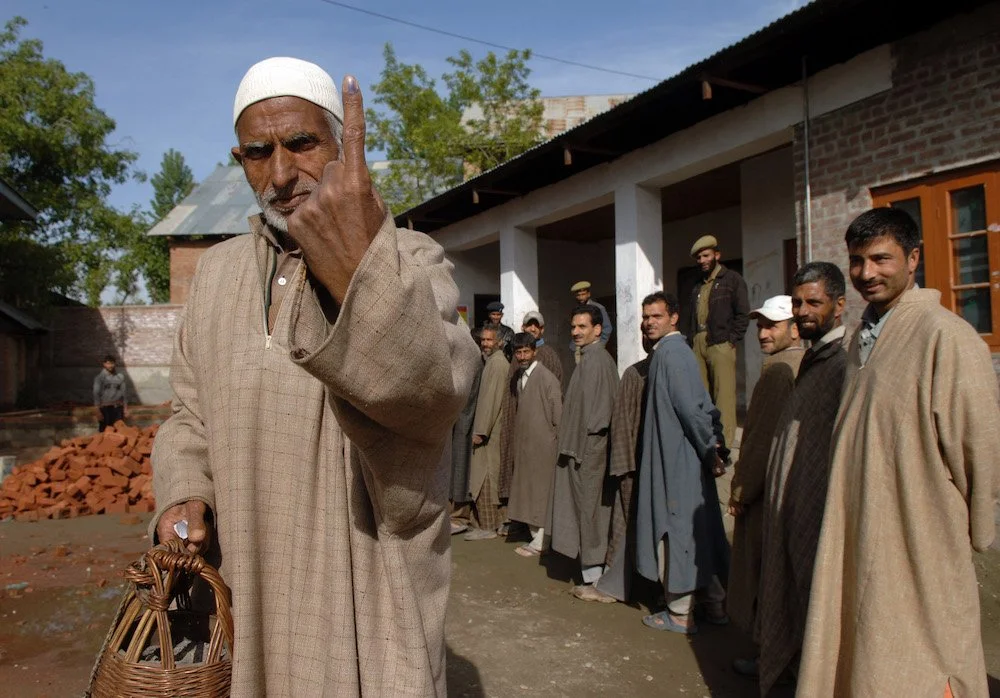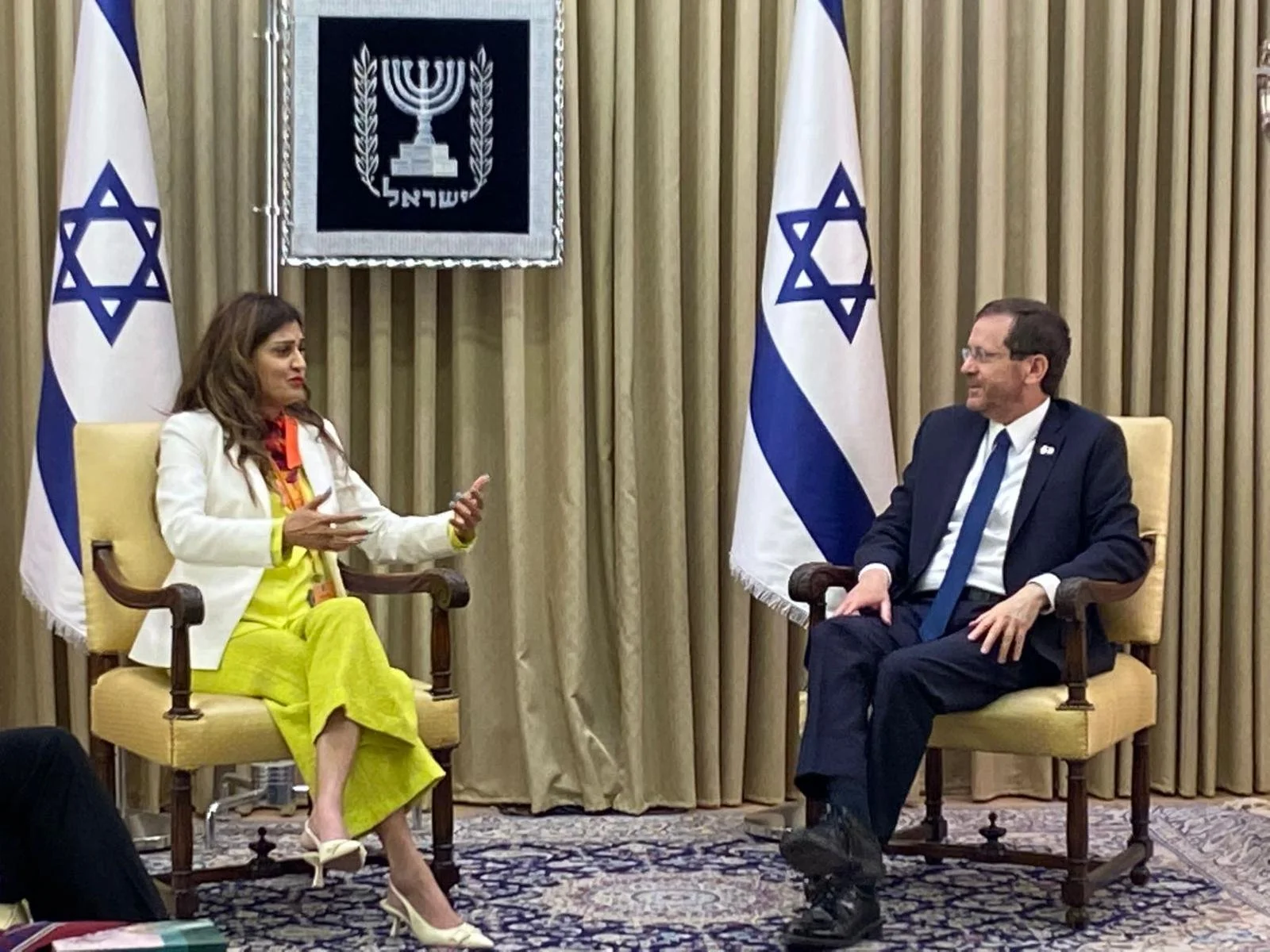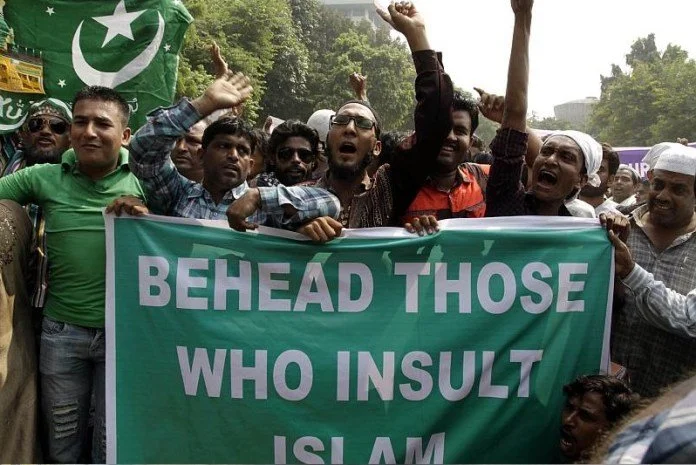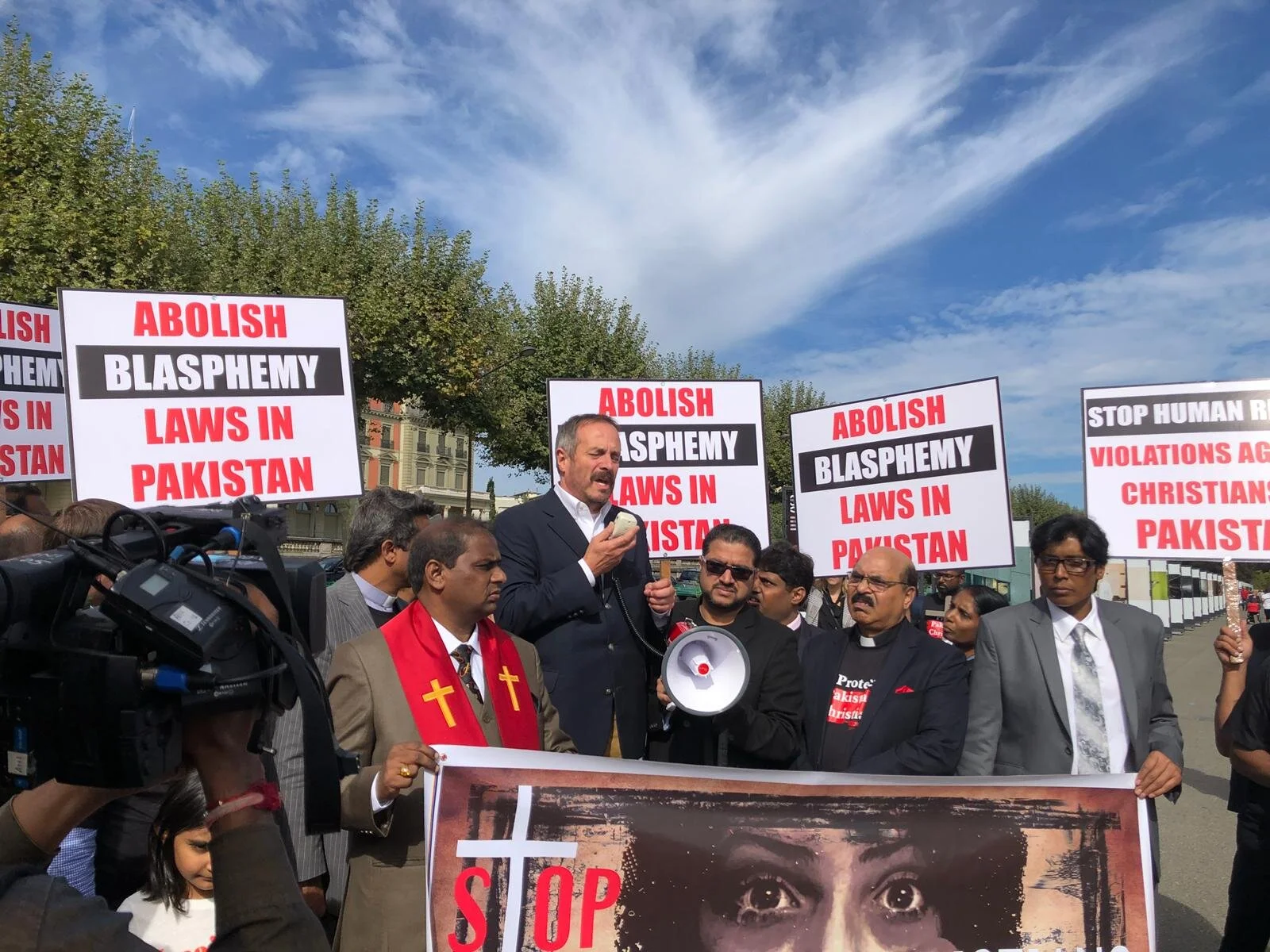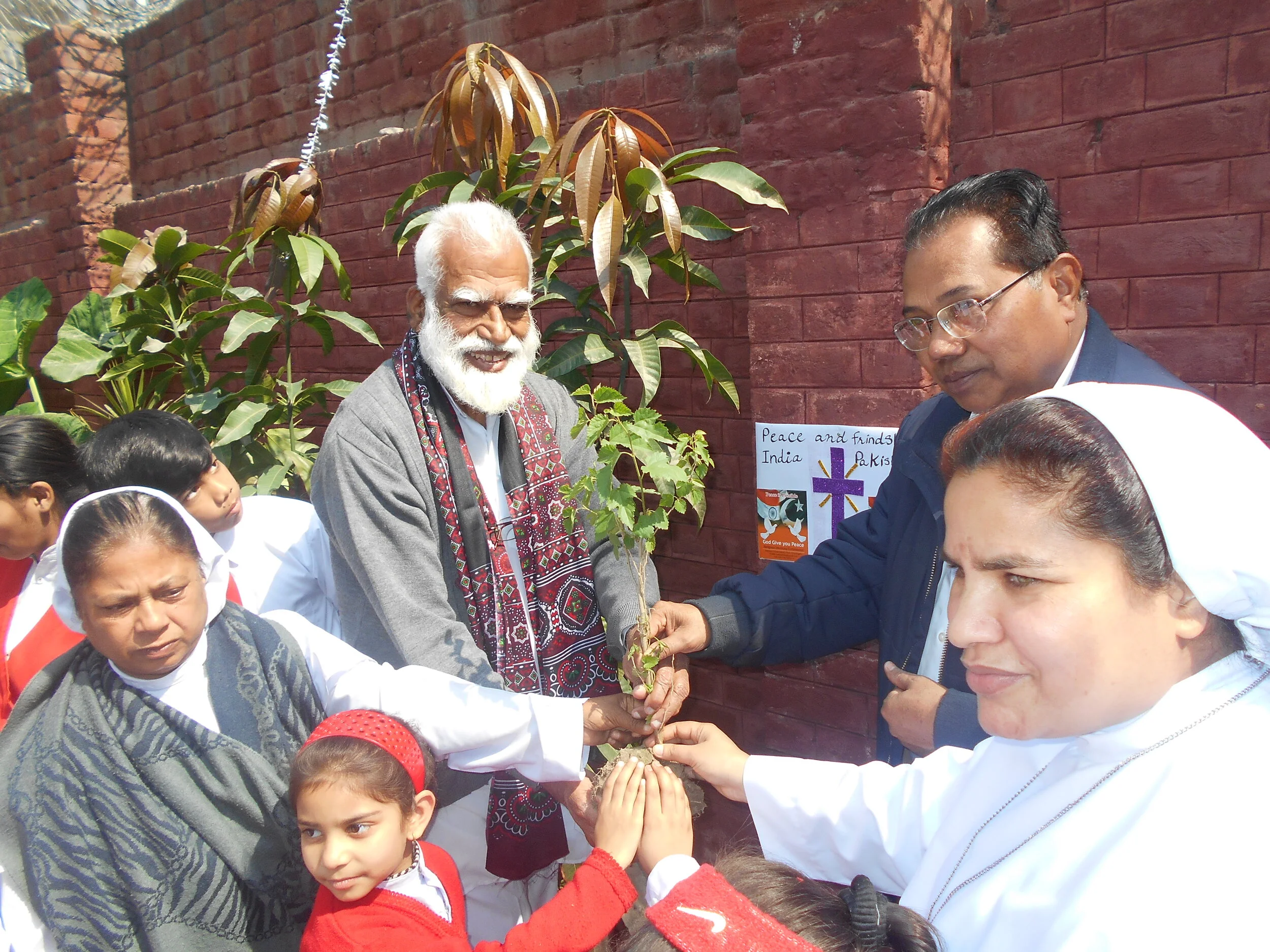For thousands of devotees, the journey across the border is not just a trip; it is a reclamation of history, heritage and faith. As Prakash Purab approaches, the pilgrimage carries more than spiritual meaning. It represents the enduring resilience of a community whose beliefs and traditions transcend the walls of politics and conflict.
Read MoreThis year's floods in Pakistan damaged houses, disrupted livelihoods and displaced thousands of families. The National Disaster Management Authority reported that since June 26, over 1,000 people have died. In response, Muslims, Christians, Hindus and Sikhs were among the volunteers who worked together to establish medical relief camps and provide safe drinking water.
Read MoreBlasphemy laws in Pakistan are a set of legislative provisions that forbid statements or actions that are considered offensive to Islam or its sacred figures. These rules inflict severe punishments, including life imprisonment and the death penalty under Section 295-C for defaming the Prophet Muhammad. These laws were expanded during General Zia-ul-Haq’s Islamization of the country.
Read MoreWhen a shell slammed into a madrassa (an Islamic school) housing over 1,200 children, its caretaker, Sayyed Habib, didn’t dial the army or the police. He didn’t call emergency services. He called Pradeep Sharma, a Hindu and former lawmaker, and his best friend since ninth grade. it was an example of how people of differing faiths found it in their hearts to help one another.
Read MoreThe Ahmadiyya community in Pakistan has long experienced significant constraints on its religious practices. From not being allowed to call their places of worship “mosques” or use Islamic terms such as “Azan” (call to prayer) to not being able to vote because Ahmadis must either renounce their faith or agree to be placed on a separate electoral list categorizing them as “non-Muslim.”
Read More(EXPLAINER) As tensions rise between India and Pakistan, questions about what constitutes a lawful war are once again in focus. International law makes a clear distinction between jus ad bellum (the right to go to war) and jus in bello (the rules governing conduct in war). These are framed by the United Nations Charter, customary international law and treaties such as the Geneva Conventions, all of which define what states and their leaders can — and cannot — do during conflict.
Read MoreAs always, the annual U.S. Commission on International Religious Freedom report focused on trends in nations known for bitter religious conflicts and the persecution of religious minorities, including Christians. The list of offenders of “particular concern” included China, Iran, North Korea, Pakistan, Russia and others. The commission pushed to add Afghanistan, India, Nigeria and Vietnam to that list.
Read MoreAmid the chilly winter winds sweeping through Pakistan's unsettled Khyber Pakhtunkhwa province, the election campaign for the Peoples Party of Pakistan's candidate Dr. Saveera Parkash is in full swing. The wind is not the only thing sweeping across the region, change is as well. In fact, Parkash’s candidacy is historic for several reasons.
Read MoreWhile assuming someone’s religion is an extremely personal question and often quite jarring in public settings, it’s also a common practice in Pakistan, a Muslim majority nation where religious questions are raised around vegetarian lifestyles. In recent years, the flip side to this debate has also arisen, with an increasing number of Muslims questioning the need to sacrifice animals on holidays such as Eid al-Adha.
Read More(ANALYSIS) Three influential cards have always played well in Pakistan’s political arena: Sunni Islam, the army and patriotism. Being a Sunni Muslim makes you powerful and provides a deep sense of being an extraordinary Pakistani.
Read MoreAccording to the latest figures given in the Parliament, the region with a population of 14 million has almost 1 million drug addicts. The consequence of such a massive upswing in drug addiction has taken a heavy toll on a society pounded by conflict and political uncertainty.
Read MoreCanon India uploaded a picture from Kashmir on its social media handles last year. As soon as it reached the audience in Muslim-dominant region, a wave of anger and outrage swept across people after they saw a couple posing for a memorable picture in the backdrop of Hazratbal shrine, which is believed to be the most revered religious place in Kashmir.
Read More(ANALYSIS) Since 2008, the PTA has repeatedly banned or taken steps to ban online Ahmadi content inside Pakistan. However, the PTA has now extended its efforts to block or remove content that is hosted outside of Pakistan in the U.S., U.K., Australia, Singapore and Switzerland.
Read MoreA political storm has erupted after Jammu-Kashmir’s Chief Electoral Officer Hridesh Kumar recently announced that anybody living and working or studying in the contested Jammu-Kashmir region, even temporarily, can vote in the assembly elections, likely next year.
Read MoreEarlier this summer, Pakistani-American interfaith activist and former teacher Anila Ali led a historic delegation to Israel that brought together political leaders and influential Muslims and Jews to foster trust and develop relationships between the Abrahamic faiths. Ali recently spoke with ReligionUnplugged.com about her activism.
Read MoreProtests by Kashmiri Hindus, also known as Kashmiri Pandits, have continued daily since the killing of Kashmiri Hindu Rahul Bhat on May 12 by, police allege, militants fighting against the Indian rule in Kashmir. Hundreds of Pandit government employees with families are protesting and demanding security.
Read More(OPINION) A recent Pew survey found that 40% of countries and territories worldwide had blasphemy laws in 2019. But a few caveats bring a greater understanding of how blasphemy laws and hate speech laws are impacting believers and nonbelievers today.
Read MoreThe killing of at least five civilians, five soldiers and two militants in Kashmir over the past several days has plunged India’s Himalayan territory into grief and anger. The violence reminds Kashmiris of the early 1990s, when militants warring against New Delhi’s rule targeted Kashmiri Hindus, prompting 300,000 Hindus to flee the area.
Read MoreIn Pakistan, religious minorities, including Christians and Ahmadi Muslims, live under constant threat of blasphemy allegations. The laws prohibit making derogatory remarks against Islam, desecrating the Quran and insulting the Prophet Muhammad, which can be subjectively interpreted in courtrooms and impose fines, jail time and even death.
Read MoreWith peace letters written by schoolchildren to friends unknown to them across the border, Jesuit priest Joseph Kalathil set out to build bridges between India and Pakistan—neighbors scarred by decades of conflict and hostility. The challenge seemed not only risky but insurmountable. Yet, Kalathil remained determined.
Read More

